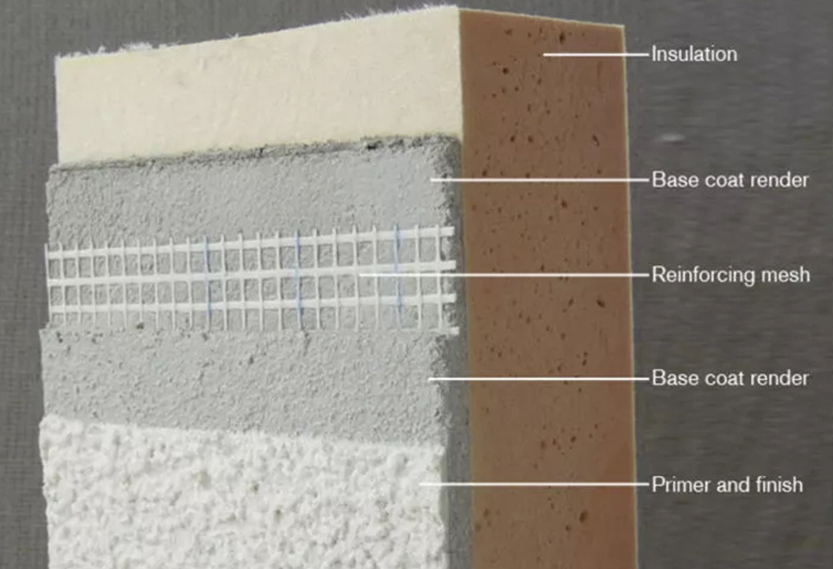
Nov . 16, 2024 01:53 Back to list
hydroxyethyl cellulose suppliers
Hydroxyethyl Cellulose Suppliers A Comprehensive Overview
Hydroxyethyl cellulose (HEC) is a non-ionic, water-soluble polymer derived from cellulose. It is widely used in various applications, including cosmetics, pharmaceuticals, food products, and construction. Its unique properties, such as thickening, gelling, and film-forming capabilities, make HEC a versatile ingredient for manufacturers across industries. This article provides a comprehensive overview of HEC suppliers, touching on their importance, common applications, and market trends.
Importance of HEC Suppliers
Suppliers play a critical role in the production and distribution of hydroxyethyl cellulose. They ensure a steady and reliable source of this essential ingredient for manufacturers looking to enhance the quality of their products. The choice of supplier can significantly impact the final product's performance, cost, and sustainability.
A good HEC supplier should maintain high standards of quality control in their manufacturing processes. This ensures that the hydroxyethyl cellulose produced meets industry standards and is safe for use in various applications. Furthermore, suppliers that leverage sustainable practices in sourcing raw materials and employing environmentally friendly production methods are increasingly sought after by manufacturers who prioritize sustainability.
Applications of Hydroxyethyl Cellulose
Hydroxyethyl cellulose's versatility allows it to be used in many fields
1. Cosmetics and Personal Care HEC is commonly used as a thickening agent in lotions, creams, gels, and shampoos. It helps improve the texture and stability of these products, ensuring a pleasant application experience for consumers.
2. Pharmaceuticals In the pharmaceutical industry, HEC is used as a binder and as an excipient in controlled-release formulations. Its ability to form gels and maintain viscosity is crucial in preparing the right dosage forms.
3. Food Industry HEC serves as a food thickener and stabilizer. It can improve the texture of sauces, dressings, and various processed foods, enhancing the overall quality of the food products.
4. Construction In the construction industry, hydroxyethyl cellulose is utilized in tile adhesives, paints, and coatings. Its thickening properties help improve the application characteristics and adhesion of these materials.
5. Oil and Gas HEC is increasingly used in oil drilling operations as a viscosifying agent in drilling fluids. This application highlights its importance in the energy sector, where efficient and effective drilling practices are essential.
Market Trends and Supplier Landscape
hydroxyethyl cellulose suppliers

The market for hydroxyethyl cellulose is witnessing steady growth, driven by increasing demand in various end-use industries. The global trend towards natural and organic ingredients is influencing manufacturers to seek suppliers that offer sustainable and biodegradable options. Additionally, as environmental regulations become more stringent, suppliers that prioritize eco-friendly production methods are gaining a competitive edge.
Another noteworthy trend is the increasing consolidation among HEC suppliers. Mergers and acquisitions allow companies to enhance their market presence and leverage technological advancements. This consolidation can result in improved supply chain efficiencies and better resource allocation, ultimately benefiting customers with more reliable product availability.
Moreover, suppliers are now more focused on research and development to innovate and improve their product offerings. This includes the development of specialized grades of HEC tailored for specific applications, such as enhanced solubility or improved thermal stability. As industries become more specialized, the demand for customized HEC products will likely rise.
Choosing the Right Supplier
When selecting a hydroxyethyl cellulose supplier, manufacturers should consider several factors
- Quality Assurance Verify the supplier's quality control processes and certifications to ensure compliance with industry standards.
- Sustainability Practices Assess the supplier's commitment to environmentally friendly practices in their manufacturing processes.
- Product Range Look for suppliers that offer a diverse range of HEC grades suitable for various applications.
- Technical Support Opt for suppliers that provide technical assistance and customer support to help in product formulation and applications.
- Price Competitiveness While cost is a factor, prioritize quality and service to ensure the best overall value.
Conclusion
Hydroxyethyl cellulose suppliers are integral to the functionality and quality of products across multiple industries. With growing demands for sustainable and high-quality ingredients, the role of HEC suppliers will continue to evolve, fostering innovation and improving product performance. Manufacturers should carefully evaluate their suppliers to form strategic partnerships that align with their goals, ensuring they meet consumer expectations while embracing sustainability in their product offerings.
-
Versatile Hpmc Uses in Different Industries
NewsJun.19,2025
-
Redispersible Powder's Role in Enhancing Durability of Construction Products
NewsJun.19,2025
-
Hydroxyethyl Cellulose Applications Driving Green Industrial Processes
NewsJun.19,2025
-
Exploring Different Redispersible Polymer Powder
NewsJun.19,2025
-
Choosing the Right Mortar Bonding Agent
NewsJun.19,2025
-
Applications and Significance of China Hpmc in Modern Industries
NewsJun.19,2025







